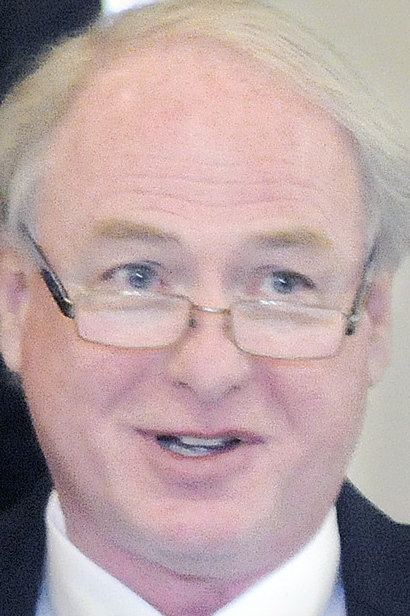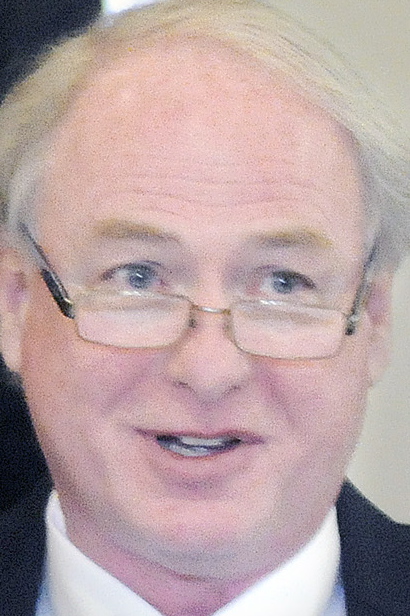The University of Maine at Machias would become a “regional campus” of the flagship University of Maine campus in Orono as soon as July under a proposal presented Monday to the system trustees.
“This is historically unprecedented change in the history of the system,” Chancellor James Page told the trustees, who were meeting at the University of Southern Maine in Portland.
The proposal will be discussed at campus and community meetings in the upcoming weeks, and the trustees will vote on the proposal at their March meeting.
Under the proposal, the campus name would not change, students would still graduate with UMaine Machias diplomas and all sports programs would be unchanged despite the two campuses being in different divisions.
Instead of a president, UMaine Machias would be led by an “executive dean” who would report to the UMaine president.
Much of the discussion Monday was whether that structure would allow Machias to continue to be viewed as its own independent entity, or if the lack of a president would diminish its standing.
Board Chairman Sam Collins said he understood that “some people get hung up on a title,” but the trustees could be clear about the executive dean’s role and responsibilities.
“I think we can get a dynamic executive dean that will hold their own both on the (UMaine president’s) council and also hold their own at the campus and have the respect of individuals in the community,” Collins said. “I am very much in favor of this partnership.”
The change was prompted by the realization that the Machias campus was not financially viable. Machias has a roughly $9 million annual budget, and in recent years has needed up to $1 million in emergency system funds to balance its budget. The campus also faces enrollment challenges because of a 31 percent decline in the number of students graduating from Washington County high schools since 2007.
The Down East campus, about 100 miles east of Orono, has 745 students, a 20 percent drop from five years earlier – and a smaller population than some Maine high schools. The campus has 94 employees, including two administrators and 28 full-time faculty members.
Academically, the changes could expand the offerings for students. One is a new “four-plus-one” program, which means Machias graduates could attend Orono for one year and graduate with both an undergraduate and a master’s degree. Other programs may become “two-plus-two” programs, where students attend Machias for the first two years of their undergraduate work, then go to Orono for the final two years.
Assistant professor Uriah Anderson, the UMaine Machias faculty representative to the trustees, said the faculty was weighing those benefits as it considers the proposal.
“Obviously this isn’t the direction the faculty at UMaine Machias would have chosen, but we are well aware of the financial situation,” Anderson said. “This does have opportunities for students and we can focus on teaching and not worry if we are going to be cut.”
The 243-acre UMaine Machias has branded itself as “Maine’s Coastal University,” emphasizing programs tied to the region’s economy, including marine biology, psychology and community studies, the book arts, and environmental recreation and tourism management.
The integration is part of a larger systemwide move to integrate back-office functions to cut costs. In recent years, the system has created systemwide human relations, information technology, purchasing and financial systems, and has closed the central office in Bangor and relocated administrative units to various campuses.
Machias has already farmed out many back-office functions, but could work with UMaine on consolidating other areas such as alumni relations, development, institutional research, student records and managing athletics.
When Page announced changes as part of the “One University” initiative, he emphasized that none of the campuses would be closed.
Since the name and location of the campus is not changing, the system’s legal counsel said it would not be necessary to seek legislative approval for the changes. In 2005, responding to concerns that smaller campuses might close, lawmakers updated state statutes spelling out that the system is made up of seven universities “located and named” in the current seven communities, including Machias.
Noel K. Gallagher can be reached at 791-6387 or at:
Twitter: noelinmaine
Send questions/comments to the editors.




